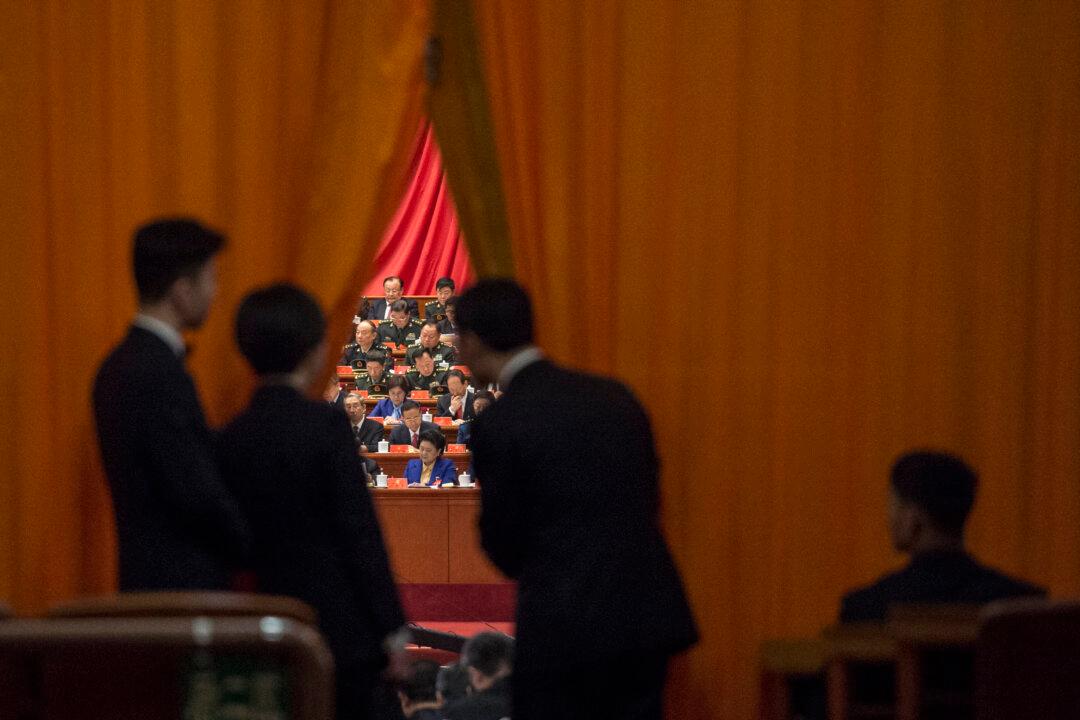Analysis
Rumors of power struggles among the top ranks of the Chinese Communist Party (CCP) continue to surface, with signs of their intensity escalating, placing CCP leader Xi Jinping in the midst of several political crises.

Rumors of power struggles among the top ranks of the Chinese Communist Party (CCP) continue to surface, with signs of their intensity escalating, placing CCP leader Xi Jinping in the midst of several political crises.